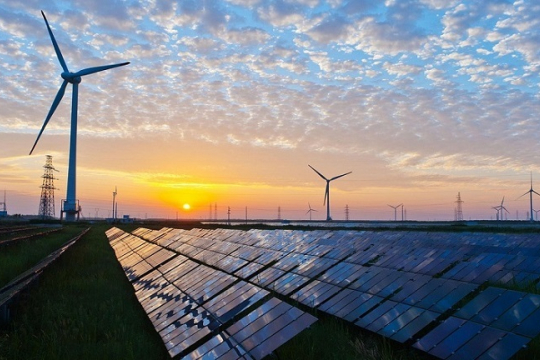Vietnam has ambitious plans to scale up its electricity capacity and increase its share of renewable energy. However, the country still relies heavily on coal-fired power plants. Researchers from the University of Economics, Ho Chi Minh City have studied how much people would be willing to pay for more renewables in their energy mix.
Vietnam is one of the fastest-growing economies in Southeast Asia. In parallel with increasing energy production, Vietnam has also made efforts to accelerate the implementation of COP26 commitments, in which the electricity mix should consist of at least 21% renewable energy by 2030. The current dependency on fossil fuels contributes to greenhouse gas emissions and air pollution. Hydropower sources are also limited due to environmental and social impacts. Therefore, developing wind and solar power could benefit Vietnam's economy, environment, and public health significantly. But this comes with a cost.
How much is ok to pay?
A recent study used the contingent valuation method (CVM, a tool of economic analysis to measure individuals' stated preferences for the production of goods or services) to analyze data from 294 households in Ho Chi Minh city and estimate how much they would be willing to pay for increasing the share of renewable energy in their electricity mix. The respondents were willing to pay as much as about USD 4.39 more on their monthly electric bill to support renewable energy, representing a 10% increase.
"That is not a small amount of money such in an emerging country", said Truong Dang Thuy one of the researchers.
Communication is key
However, public acceptance and support are crucial to increasing the adoption of renewable energy technologies and establishing new policies. The study shows that respondents who are most concerned about air quality and the utility's profitability are most likely to support paying more for renewable energy.
Hence, policymakers and utility companies should communicate these benefits clearly and transparently to customers and stakeholders. Improved and reliable disclosure of air pollution data and utility financial statements could benefit the transition to renewable energy in emerging economies like Vietnam.
"The more transparent, the better support for the transition," says Truong Dang Thuy.
Nhan Le
